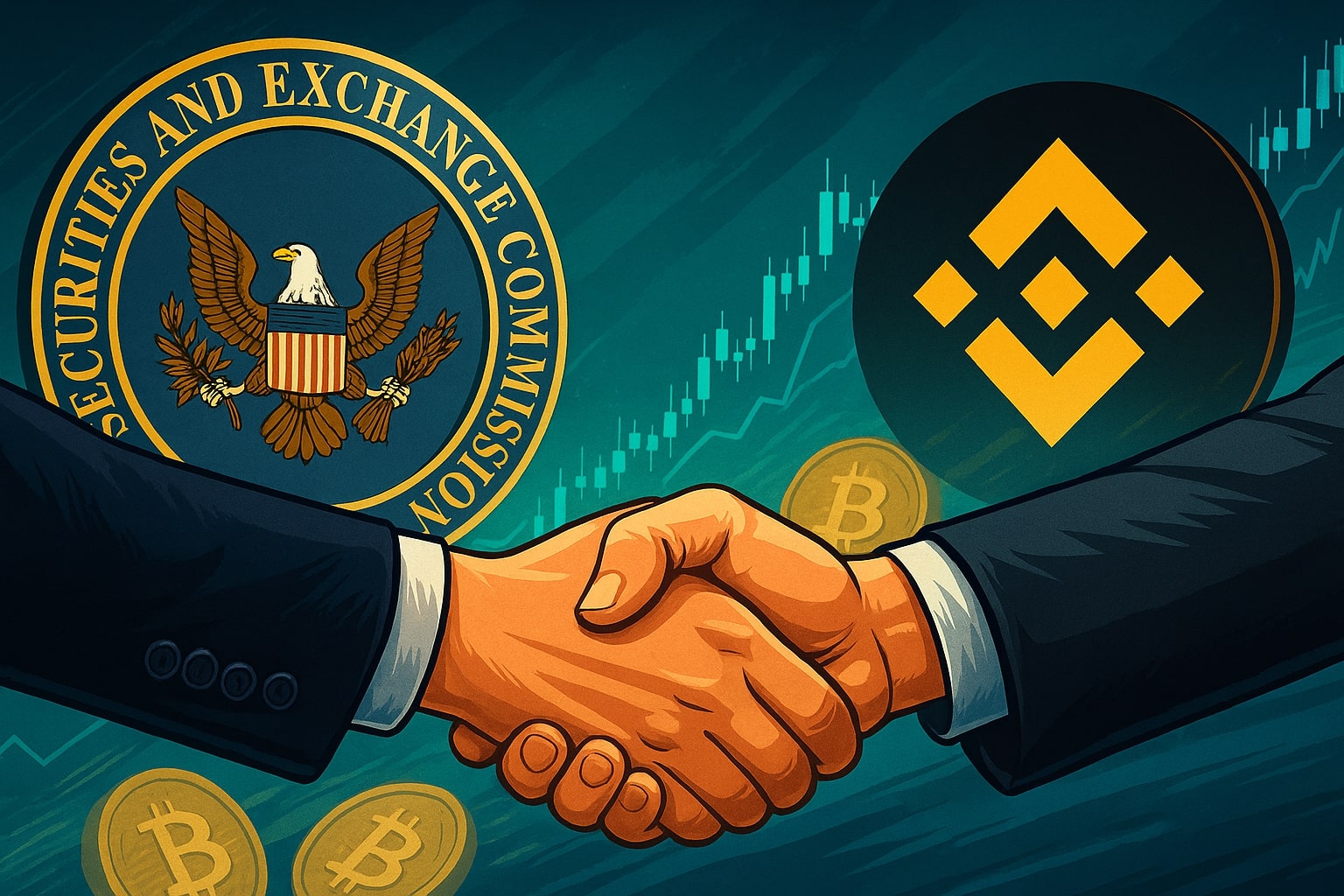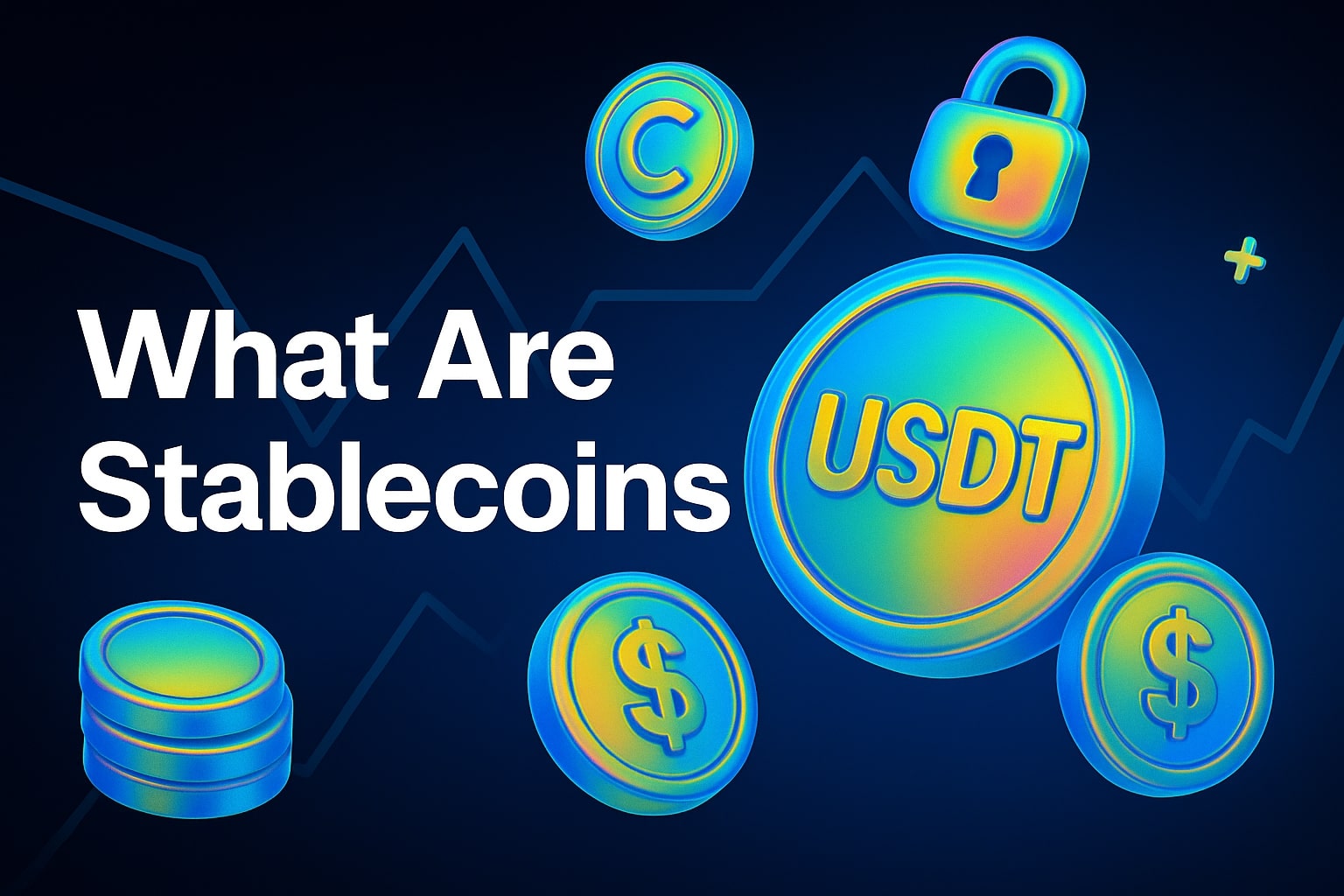What made the SEC step back
The agency now answers to a new chair, Paul Atkins, who prefers targeted actions against outright fraud rather than sweeping industry crackdowns. Binance, meanwhile, has already settled with the Department of Justice, paid a record fine, and overhauled its compliance stack. Continuing a parallel SEC fight no longer looked proportionate or politically useful.
Immediate impact on Binance
The biggest weight is gone: without an open SEC lawsuit, the exchange can court U.S. banks and institutional clients with far less friction, and the legal budget that once fed courtrooms can fund product work. Binance says it will channel part of those savings into a beefed-up internal audit program to avoid fresh trouble.
Market response
BNB jumped roughly ten percent on the headline; overall crypto market cap swelled by about three billion dollars in a single session. Traders read the move as a sign that Washington’s tone toward digital assets is softening and that other long-awaited approvals — think new ETF launches or a federal stablecoin bill — may arrive sooner.
Why the whole sector should care
If the largest case in years can be laid to rest, the odds of blanket lawsuits against other exchanges shrink. That lowers legal overhang, encourages constructive talks with lawmakers, and rewards firms that pre-emptively tightened compliance: the market now sees voluntary clean-ups can pay off.
Bottom line
For Binance, the dismissal closes the hardest chapter in its history; for the wider market, it breaks a long spell of regulatory anxiety. Energy can turn back to building, not litigating. Whether the sunshine lasts will depend on how the industry behaves — and how quickly regulators adjust to a landscape that is changing faster than any courtroom docket.




